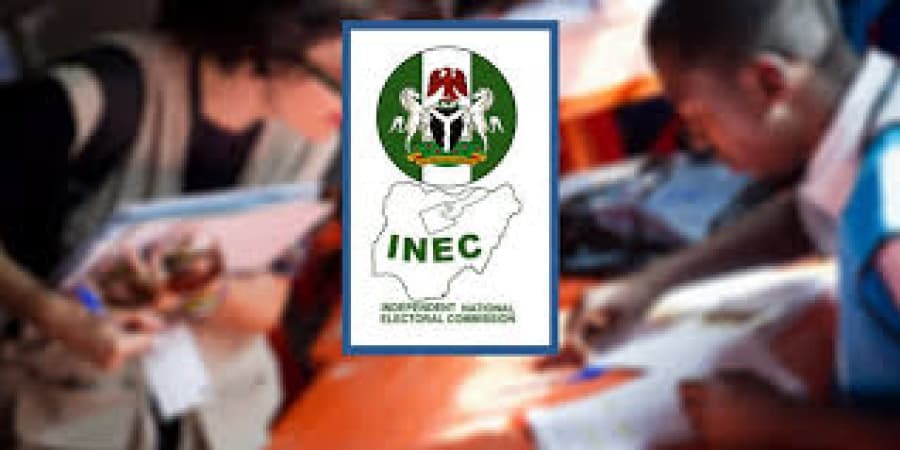
INEC LOGO
The fear of a one-party state is palpable in Nigeria. Although there are currently 18 political parties in Nigeria officially registered by the Independent National Electoral Commission (INEC), most of them are just existing on paper.
A few of them that have the national spread are not vibrant at the moment as they are beset with internal wrangling.
The other 17 parties were supposed to be playing the normal opposition role in the country, but that has not been the case. The ruling All Progressives Congress (APC) is getting away with unpopular policies.
In a democracy, political parties are saddled with the responsibilities of checkmating the party in government by providing credible and vibrant opposition – thereby holding the ruling party to account on behalf of the voting public.
Rather than provide vibrant opposition, political parties in Nigeria seem to have handed that responsibility to social media.
Today, across many states, the main opposition role is now being played by the social media as the ruling party may have succeeded in either breaking other parties’ ranks or drowning their voices.
According to political scholars, the central claim of democratic theory is that democracy induces governments to be responsive to the preferences of the people. While there is no doubt about the roles political parties play in a democracy, there is however, no clearly defined role for the opposition party.
In any democracy, political parties are key pillars of good governance, the rule of law and the protection of human rights. In essence, the existence of vibrant political parties is crucial to the institutionalisation and consolidation of democracy.
Three Nigerian scholars, Luqman Saka, Moruf Oluwashina Adebiyi, and Adebola Rafiu Bakare, all from the University of Ilorin, in an article titled, ‘Political Parties and Opposition Politics in Nigeria’s Fourth Republic,’ said one of the major roles a political party performs in a democratic system is to serve as a formidable opposition to the government in power.
They argued that while political opposition is central to the operation of democratic systems and societies, much has not been done about the role of opposition parties in transitional democracies like Nigeria, especially in recent times.
According to these scholars, the low level of party institutionalisation in Nigeria is one of the major factors responsible for the lack of capacity of political parties to provide a viable opposition platform to the government in power.
“Democracy in Nigeria today is gradually moving towards a one-party system with the rate of defections being witnessed in recent times and the silencing of oppositions. So, in a way, there seems not to be an official opposition,” Momah Euriel, founder/team lead, Smiles for Orphans and Vulnerable Children Initiative (SOVCI), told BusinessDaySunday.
According to him, politics is being played along personal and pecuniary interests, which does not represent the yearning of the people.
“The common man, like VDM and others like him, have now assumed the role of opposition via the social media. This is the situation we now have in Nigeria, and I do not consider it the best,” he said.
He said that the importance of the role of social media in today’s governance cannot be overemphasised. According to him, social media has a kind of an unfettered freedom to challenge the government of the day.
“Call it to order, or even forcefully remove it as we have seen happen recently in some parts of the world. Unlike in the past, where the conventional press was highly controlled and censored by the government of the day (many of whom owned the media houses either directly or by proxy),” Euriel said.
Opposition parties have been seen as promoters of good governance, act as watchdogs and serve as alternative governments through fostering political participation and promoting accountability. However, since the start of the fourth republic in 1999, one major problem with Nigeria’s opposition parties is that they tend to vanish after losing elections. This is also related to the undefined role of opposition parties within the polity.
When the People’s Democratic Party (PDP) lost the 2015 presidential election, the party spent much of the years that followed, even till date, battling with internal crises that have prevented it from providing the needed opposition to the ruling APC.
Chukwudinma Okonji, a communication expert, told BusinessDaySunday that social media today has become what Jürgen Habermas described as the public sphere, a space where citizens freely discuss national issues.
“In Nigeria, this role has become even more important because the traditional opposition that should check those in power is increasingly weak, silenced, or compromised. We have seen situations where peaceful protests or critical opinions are met with intimidation, arrests, or even Police force,” Okonji said.
Okonji, who is the HoD, Mass Communication, Offa Poly, said social media gives Nigerians the freedom to express their views without being physically gagged. According to him, social media allows the public to demand accountability and question government decisions. “In fact, several government policies in recent times have been withdrawn or reviewed because of social media pressure.
“When citizens cannot gather physically and when opposition voices are shut down, democracy begins to slide towards autocracy and social media has become the saving grace for Nigerians to have a say on issues that concern them,” Okoji said.
The communication expert said the current trajectory shows that social media is not merely a place for gossip; it has become a tool for democratic participation and public oversight.
He added that If the formal opposition cannot hold the government accountable, the people will leverage social media platforms to demand accountability from their government. “Therefore, social media is not the enemy. It is the voice of the people. Silencing it would silence the nation itself,” Okonji said.
Opposition politics in Nigeria’s Fourth Republic
At the turn of events in 1999, following the return to democratic governance in Nigeria, the People’s Democratic Party (PDP) controlled the government at the centre and had majority seats in the National Assembly (NASS).
At this time, many politicians of the ruling PDP boasted that the PDP would rule Nigeria for over 60 years. However, PDP only spent 16 years in Aso Rock – between the eight years of President Olusegun Obasanjo, and the other eight years shared between President Yar’Adua (who died in office and Goodluck Jonathan.
Prior to 2015, the PDP was the dominant political party in Nigeria, while other political parties like the All Nigerian Peoples Party (ANPP) formerly the All People’s Party (APP), Alliance for Democracy (AD), which was the founding ground for the Action Congress of Nigeria (CAN) provided opposition to the PDP.
Later, the Congress for Progressive Change (CPC), All Progressive Grand Alliance (APGA), Labour Party (LP), and Progressive People Alliance (PPA) among others existed in various shades and forms as opposition parties having regional or sub-national representation as the case may.
“Anyone who lived as an adult under military rule will appreciate the freedom of expression we have now. That we have a virile and vibrant opposition thriving on both the mass and social media is one of the dividends of democracy that must be preserved,” Moses Lawal, a Lagos-based commentator told BusinessDaySunday.
According to him, responsible expression of opposition views should be premised on constructive and factual criticisms within the limits of national interest, not a licence to propagate manipulated, fake, and destructive information with impunity.
“However, I will still sound a note of caution. Freedom of expression has a quiet but important clause of responsibility. Turning social media into an online urban jungle and virtual Hobbessian society in the name of opposition politics should be discouraged,” Lawal said.
Prior to the conduct of the 2015 general elections, many Nigerians appeared dissatisfied with Jonathan’s PDP-led federal government, which gave the then opposition party (APC) some level of leverage.
The opposition party animated the popular dissatisfaction by engaging in a well-coordinated criticism of President Jonathan’s administration on many grounds with particular emphasis on the alleged pervasive corruption that characterised governance under the regime.
However, Lawal said not having a viable opposition in a democracy is dangerous to the polity, as the social media is not known to the law in providing credible opposition to the government in power.
“Opposition parties are expected to provide credible alternatives to what a ruling party is offering. But in the event that the opposition has become notorious for misinformation/disinformation and cannot be perceived as reliable for a discerning bright mind, the appeal wanes,” Lawal said.
A political scientist from the University of Ibadan who pleaded anonymity told BusinessDaySunday that for any political party to function properly in a democratic society – either by providing good governance or credible opposition, it must have well defined ideological conceptions.
According to him, political parties with democratic ideology who lose in electoral contests form the opposition and keep a constant check on the government. Parties who lose election form opposition and deepen the polity by educating the people, help in formulating and shaping public opinion.
Similarly, as minority members in the legislative arm of government, opposition parties constantly put pressure on the government to provide proper and credible governance to the citizens.
“Political parties are important organs for aggregating the interests of the political community. Interest aggregation often culminates in the articulation/projection of certain preferences, values and ideologies into policy and law-making processes and in the budgeting process.” (BusinessDay)

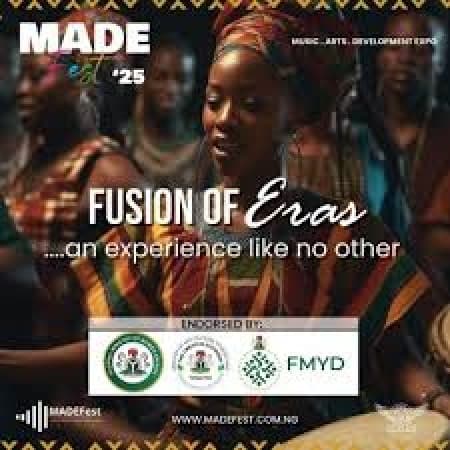
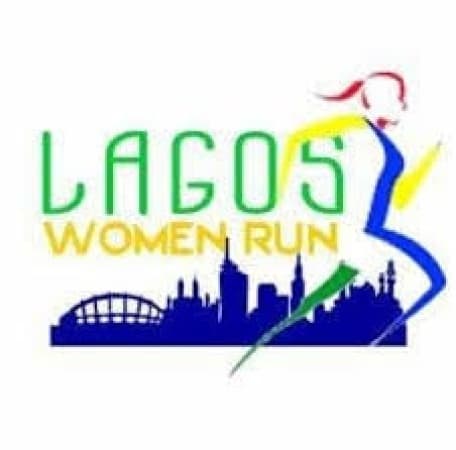
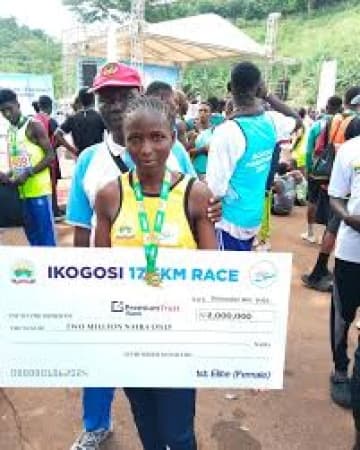
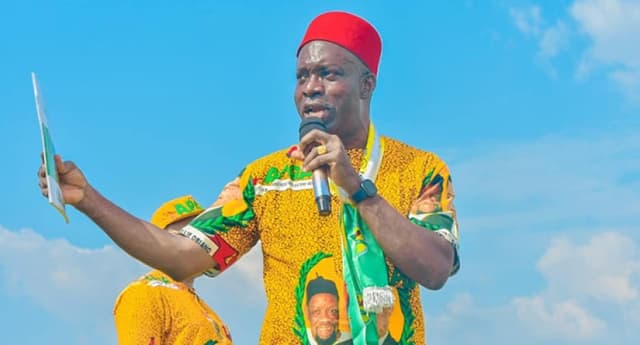
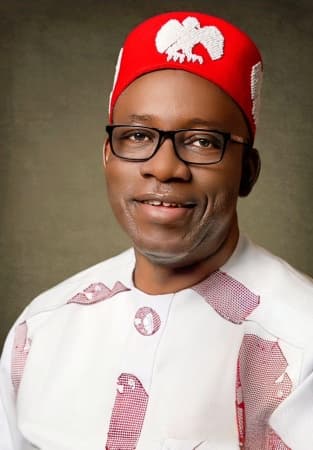


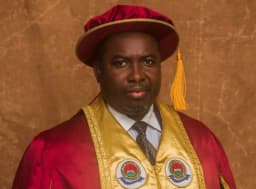
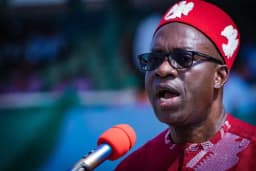
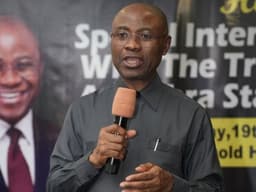
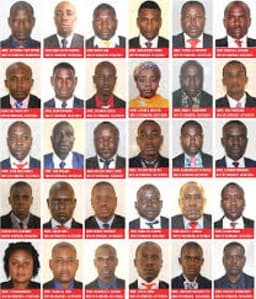
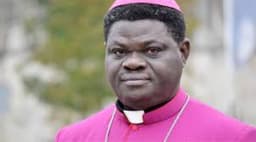
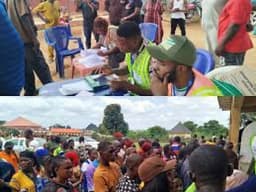
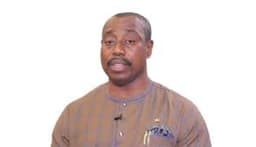
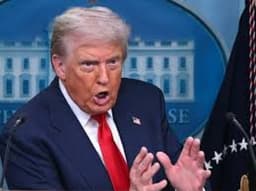
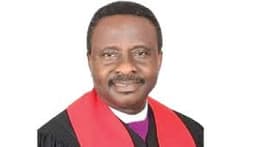
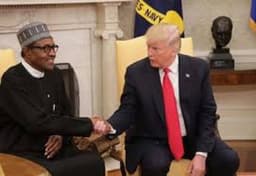
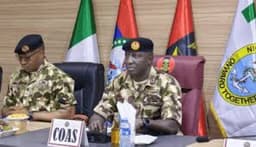
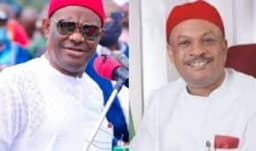
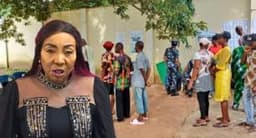
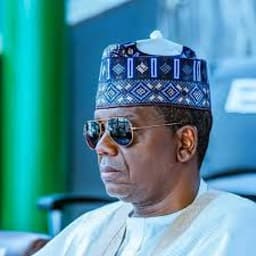
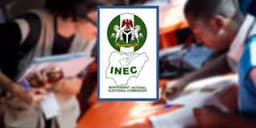
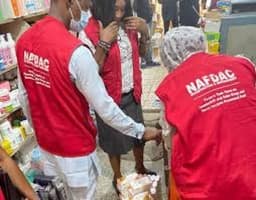
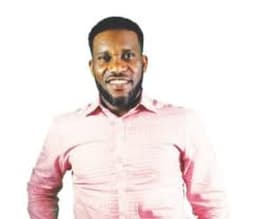
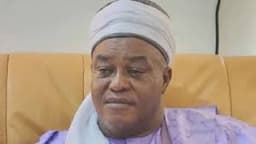

NEWS EXPRESS is Nigeria’s leading online newspaper. Published by Africa’s international award-winning journalist, Mr. Isaac Umunna, NEWS EXPRESS is Nigeria’s first truly professional online daily newspaper. It is published from Lagos, Nigeria’s economic and media hub, and has a provision for occasional special print editions. Thanks to our vast network of sources and dedicated team of professional journalists and contributors spread across Nigeria and overseas, NEWS EXPRESS has become synonymous with newsbreaks and exclusive stories from around the world.